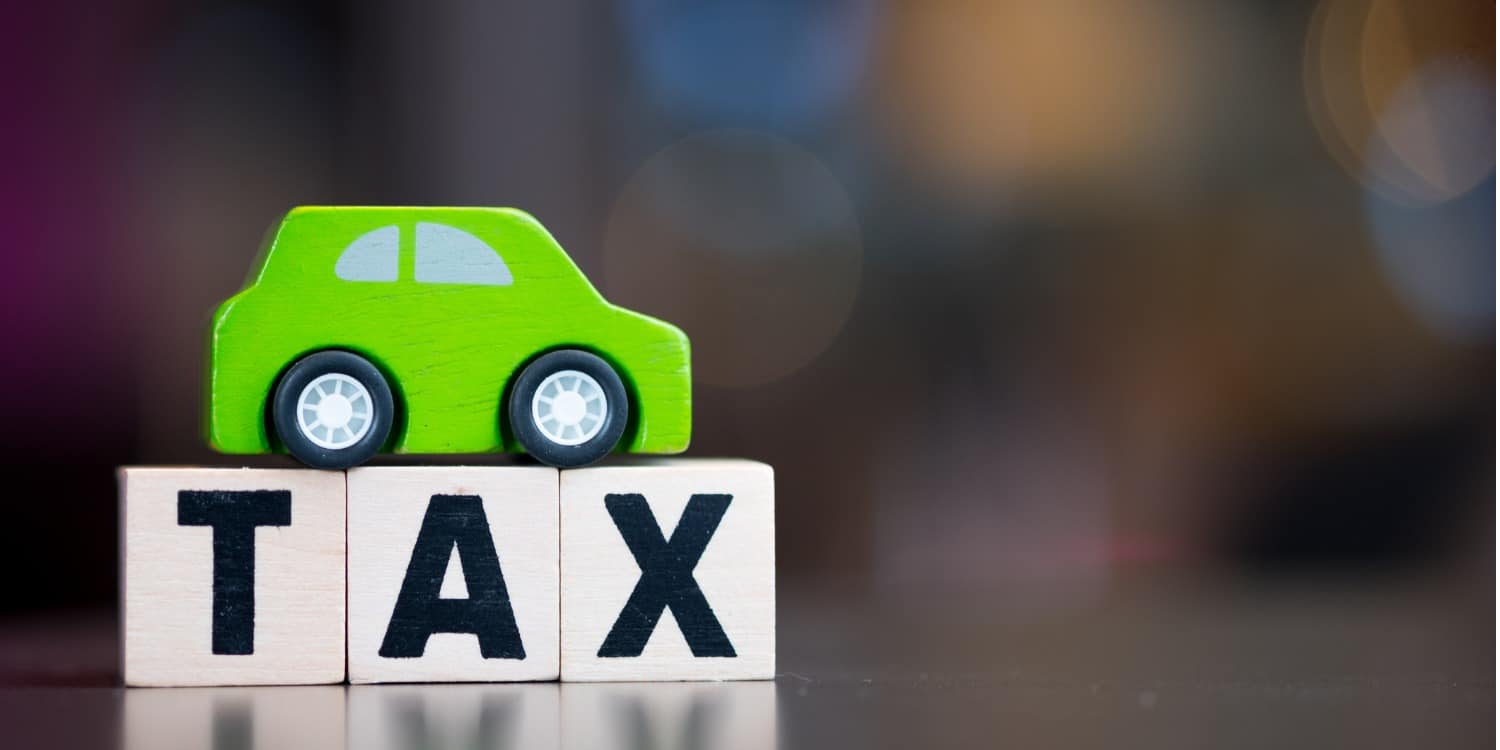If you own or use a vehicle through your limited company, the way it is taxed depends on whether HMRC classifies it as a van or car. Understanding the tax treatment of your company vehicle is especially important if there’s a private element to its usage (i.e., if you’re also using it for personal journeys).
The tax areas that rely on the classification of company vehicles are:
- Capital allowances – you can deduct some or all of the value of company vehicles from profits before tax, depending on whether it’s a van or car
- VAT – you can reclaim all VAT on a new company van or car and fuel costs if the vehicle is used exclusively for business purposes
- Benefits in kind – you pay personal tax on the private use of a company vehicle
Below, we’ll discuss company vehicle classifications and the different taxes and allowances that apply to vans and cars.
Company vehicle – capital allowances
HMRC’s capital allowances regime provides tax relief against cars and vans purchased and/or used for business purposes. However, the amount of capital allowance you can claim depends on the type of vehicle in question, i.e., is it a car or another type of vehicle, like a van.
The definition of a car for capital allowances purposes is any mechanically propelled vehicle other than:
- a motorcycle
- a vehicle of a construction primarily suited to the conveyance of goods or burden of any description (i.e., a goods vehicle), or
- a vehicle of a type that is not commonly used as a private vehicle and is unsuitable for use as a private vehicle
If your vehicle fits the definition of a car, you can only claim ‘writing down allowances’. This lets you deduct a percentage of the car’s value from pre-tax profits each year, based on the vehicle’s CO2 emissions:
- 100% (first year allowance) – new and unused cars with 0g/km CO2 emissions, or
- 18% (main rate allowance) – cars with CO2 emissions up to 50g/km, or
- 6% (special rate allowance) – cars with CO2 emissions over 50g/km
If your company vehicle is a van and does not fit the definition of a car, you can claim the ‘annual investment allowance’ (AIA). This lets you deduct the full value of the van from pre-tax profits in the first year of owning it.
Company vehicle – VAT relief
Generally, you can reclaim all of the VAT on a car or commercial vehicle (van, lorry, tractor) if it’s used exclusively for business. This means that the vehicle must not be available for any private use whatsoever, including travelling between your home and workplace unless the car is:
- a ‘stock in trade’ of a motor manufacturer or dealer
- mainly used as a taxi, driving instruction car, or self-drive hire
If the vehicle is also used for personal journeys, you can only reclaim the portion of VAT that relates to business use.
The definition of a car for VAT purposes is any motor vehicle that has three or more wheels, is normally used on public roads, and meets one of the following conditions:
- constructed or adapted mainly for carrying passengers
- has roofed accommodation behind the driver’s sear that is fitted with side windows or constructed/adapted to accommodate side windows
The following are not classed as cars for VAT purposes:
- vehicles capable of accommodating only one person or suitable for carrying 12 or more people (including the driver)
- prison vans, ambulances, and caravans
- vehicles with an unladen weight of three or more tonnes
- special purpose vehicles (e.g., breakdown and recovery vehicles, mobile shops, ice cream vans, hearses, bullion vans)
- vehicles with a payload of one tonne or more
You can also reclaim all of the VAT on fuel if the vehicle is used exclusively for business. However, if you use the vehicle for any private journeys, you can only reclaim VAT on the business element of fuel. Alternatively, you can reclaim 100% of the VAT and pay a fuel scale charge to cover private usage.
Generally, you can reclaim VAT paid on other business-related costs like off-street parking, repairs and maintenance, and any accessories fitted for business use.
Benefits in kind
Benefits in kind relate to tax on company benefits (e.g., cars, vans, accommodation, loans) provided to directors and employees.
If you have access to a company car for private use (including commuting), the amount of personal tax you pay on the car is based on the list price of the car and the scale of CO2 emissions.
The definition of a car for the purposes of benefits in kind is a mechanically propelled road vehicle that is not:
- a goods vehicle – a vehicle of a construction primarily suited for the conveyance of goods or burden (this does not include people) of any description
- a vehicle of a type not commonly used as a private vehicle and unsuitable to be so used
- a motorcycle, as defined in Section 185(1) of the Road Traffic Act 1988
- an invalid carriage, as defined in Section 185(1) of the Road Traffic Act 1988
However, the benefit in kind charge is different for the private use of company vans. Rather than paying tax in relation to the value of the vehicle and its CO2 emissions, you will pay tax on standard flat-rate values of:
- £3,500 for the use of the van, and
- £699 for the fuel (if also provided by the company)
If the van is electric, the benefit in kind rate will be £0 and there be no fuel charge.
The amount of benefit in kind tax that you pay depends on your Income Tax rate, so you will pay 20%-45%, depending on whether you’re a basic rate, higher rate, or additional rate taxpayer.









